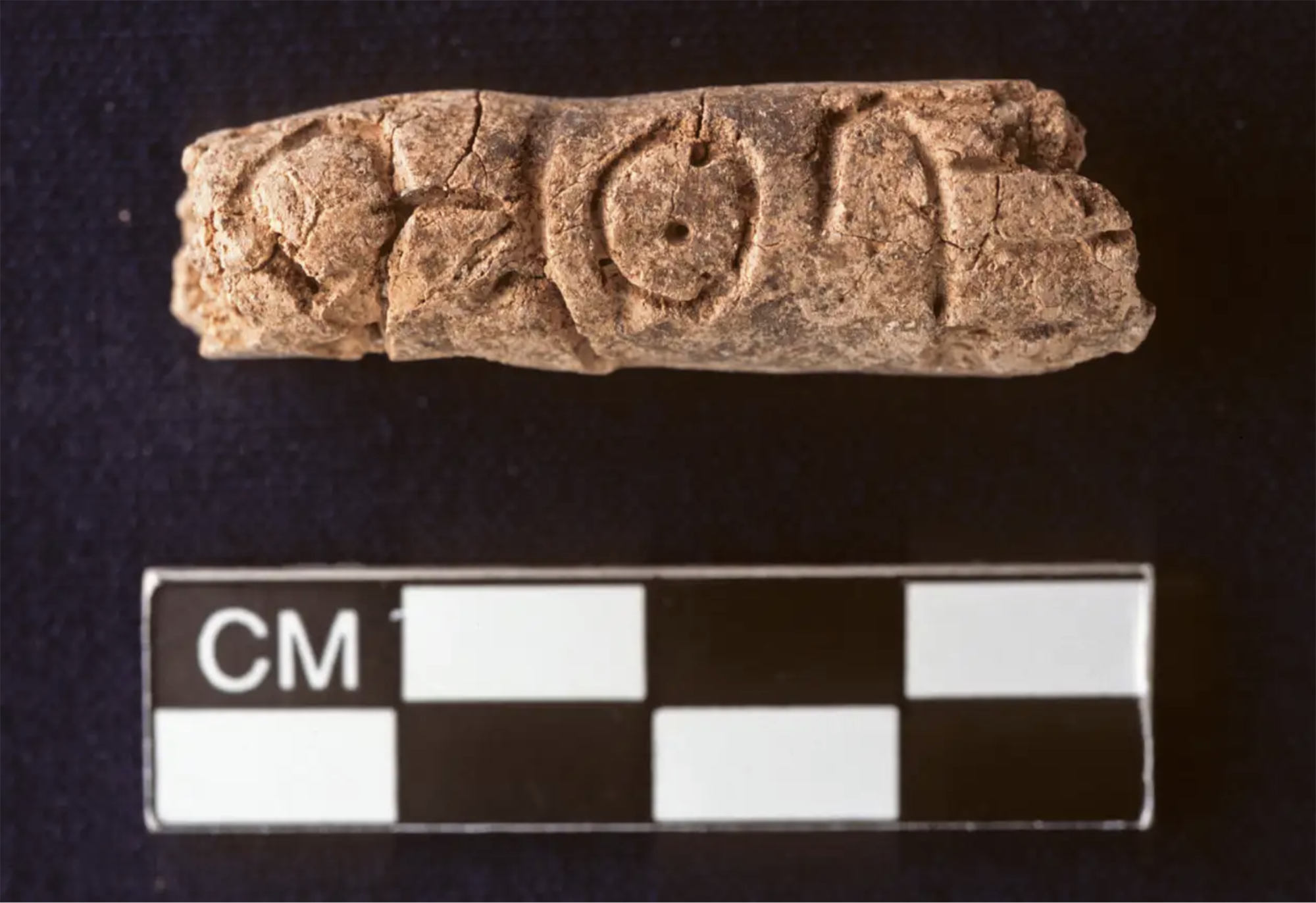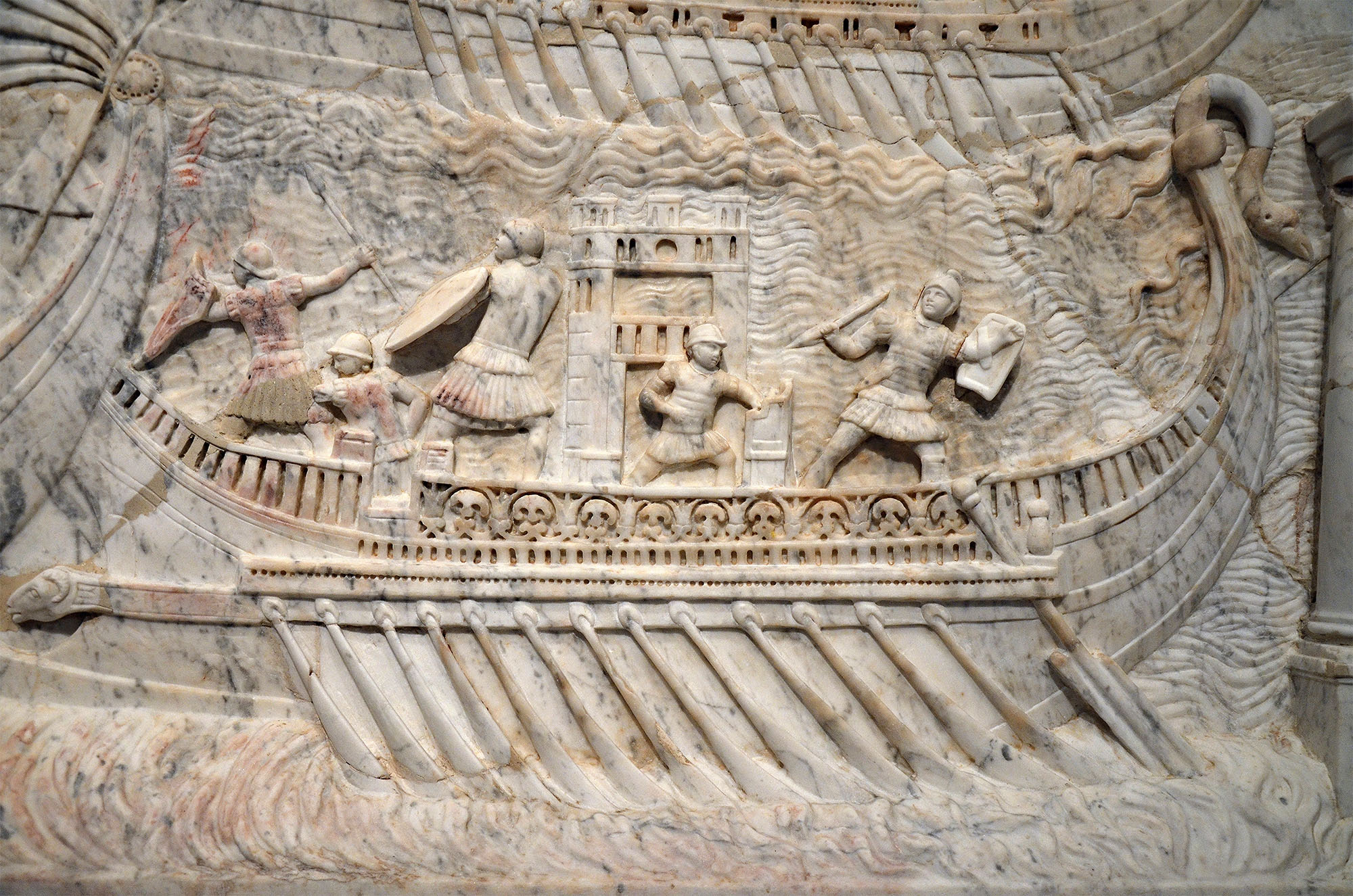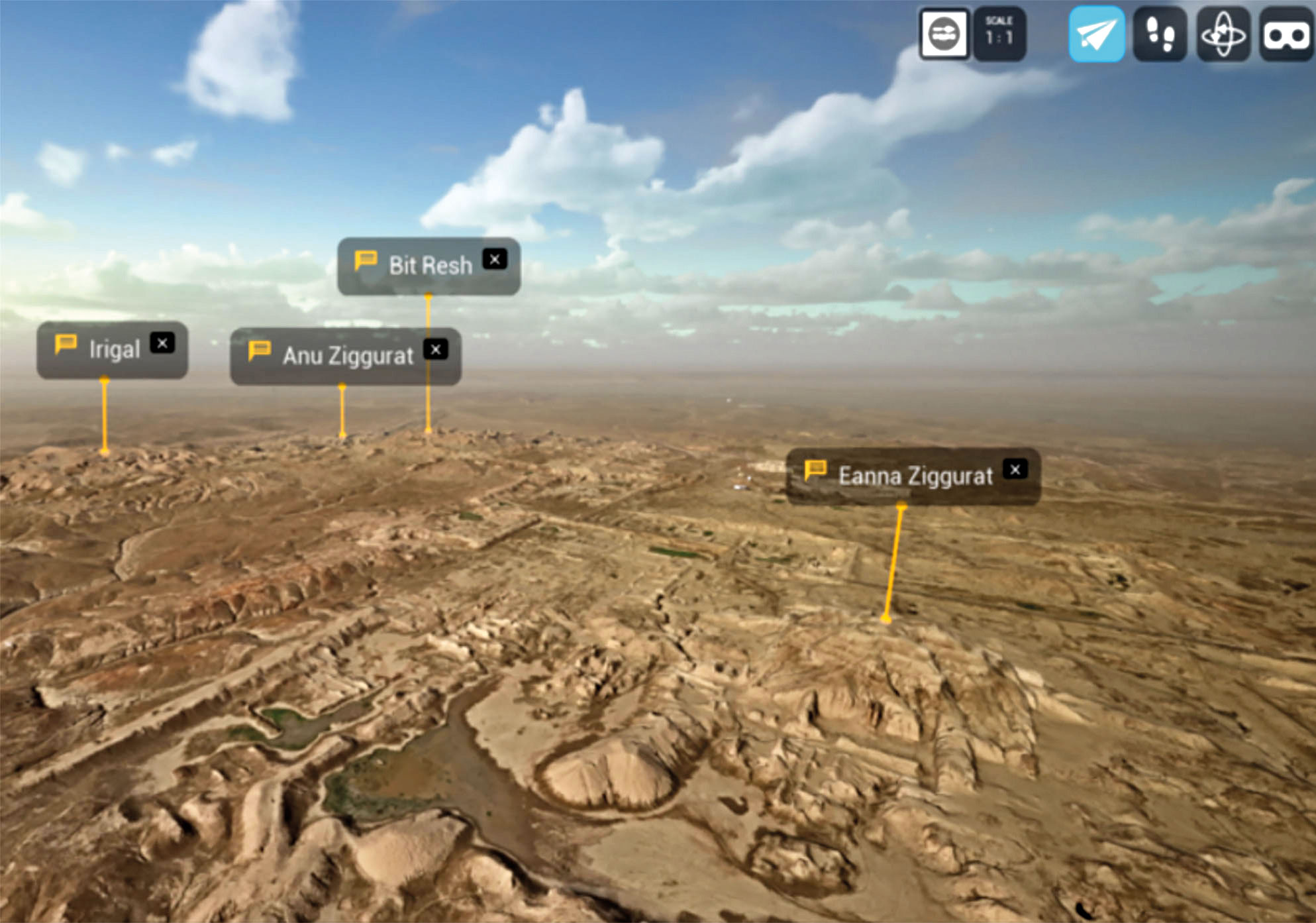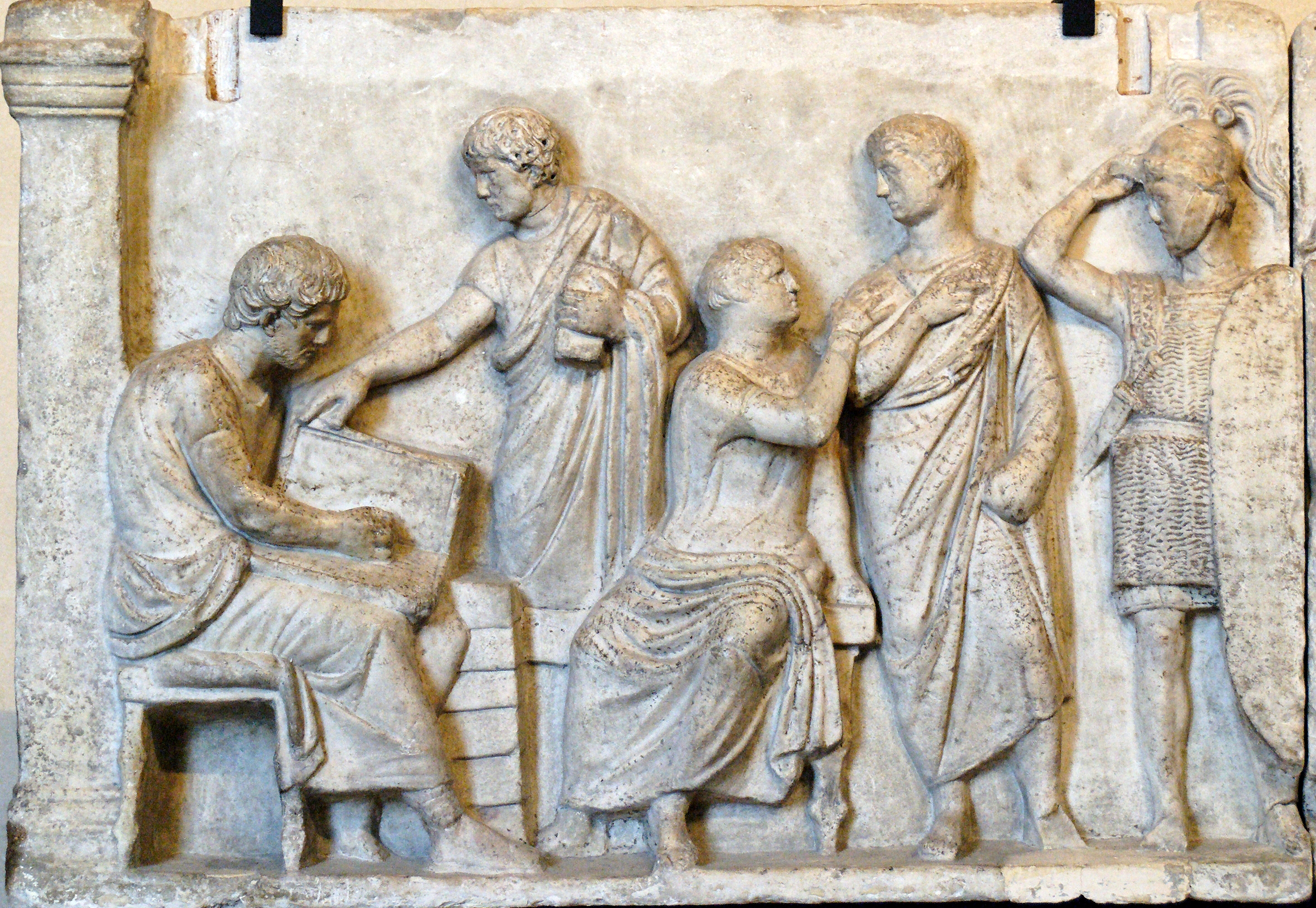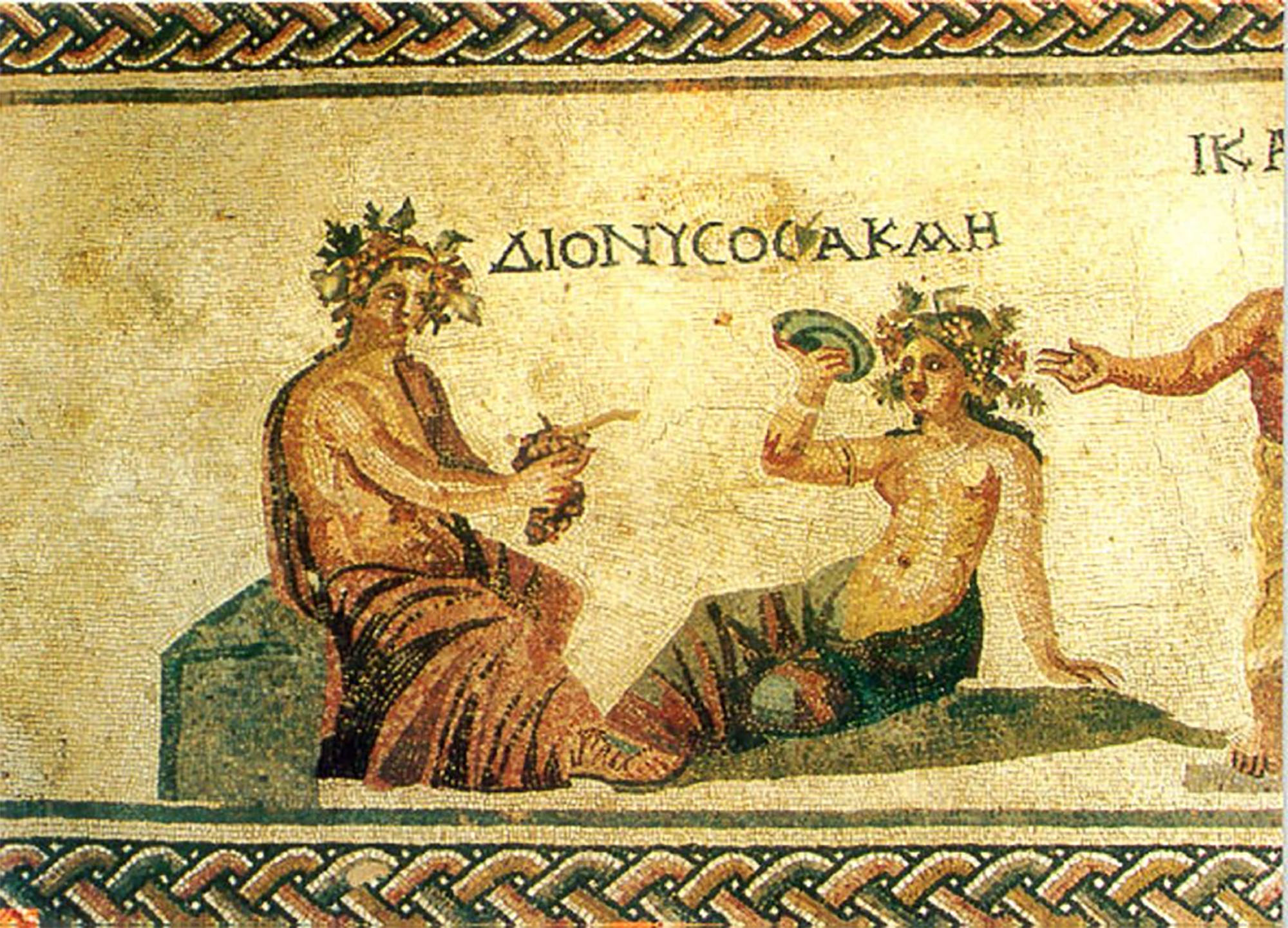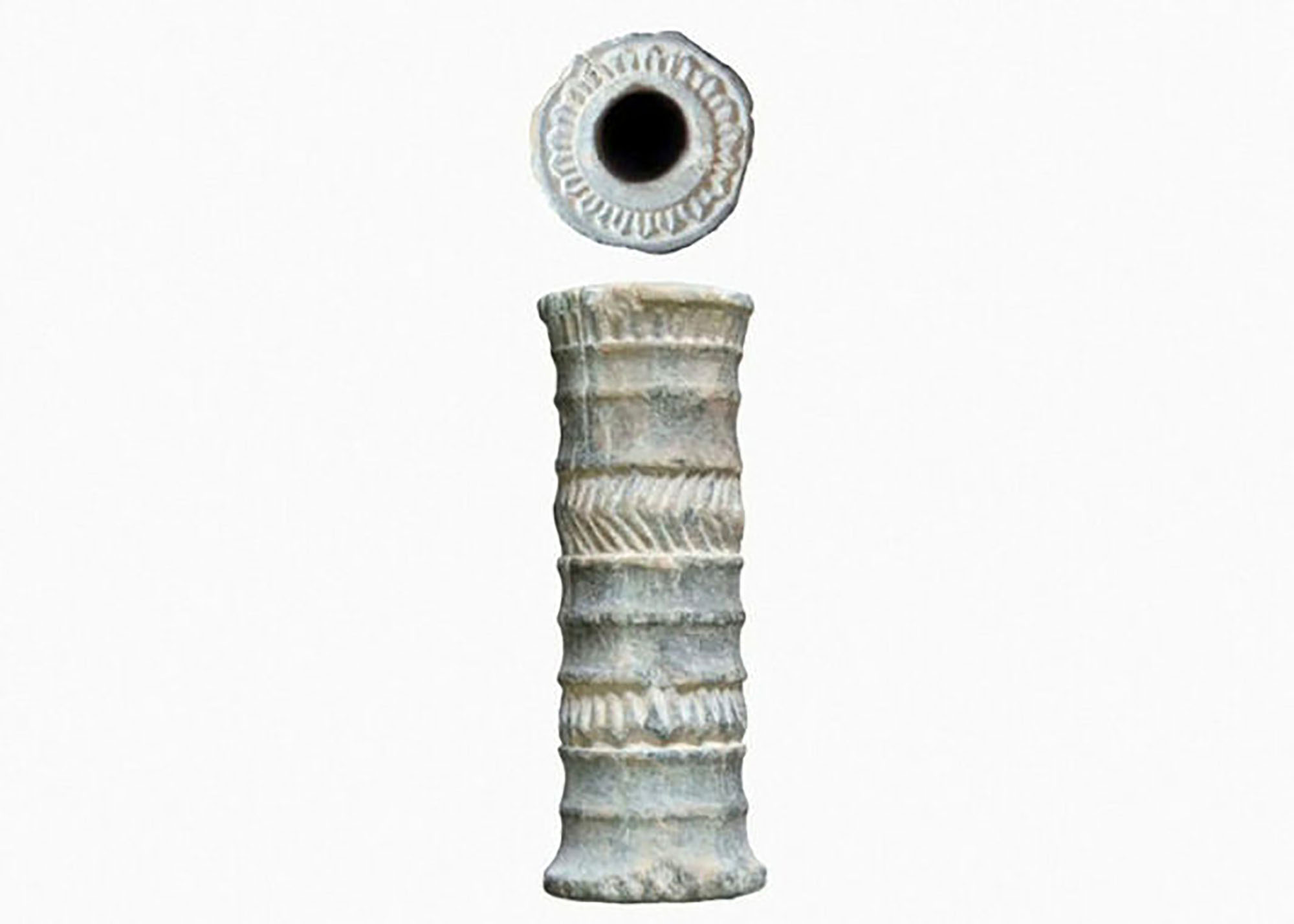Disuasorio Love
- Athens, c. 5th century Convened by Pericles, Diotima de Mantinea came to the city a priestess and philosopher to interrupt the plague outbreak that lasted for ten years, seeking the help of gods and gods.
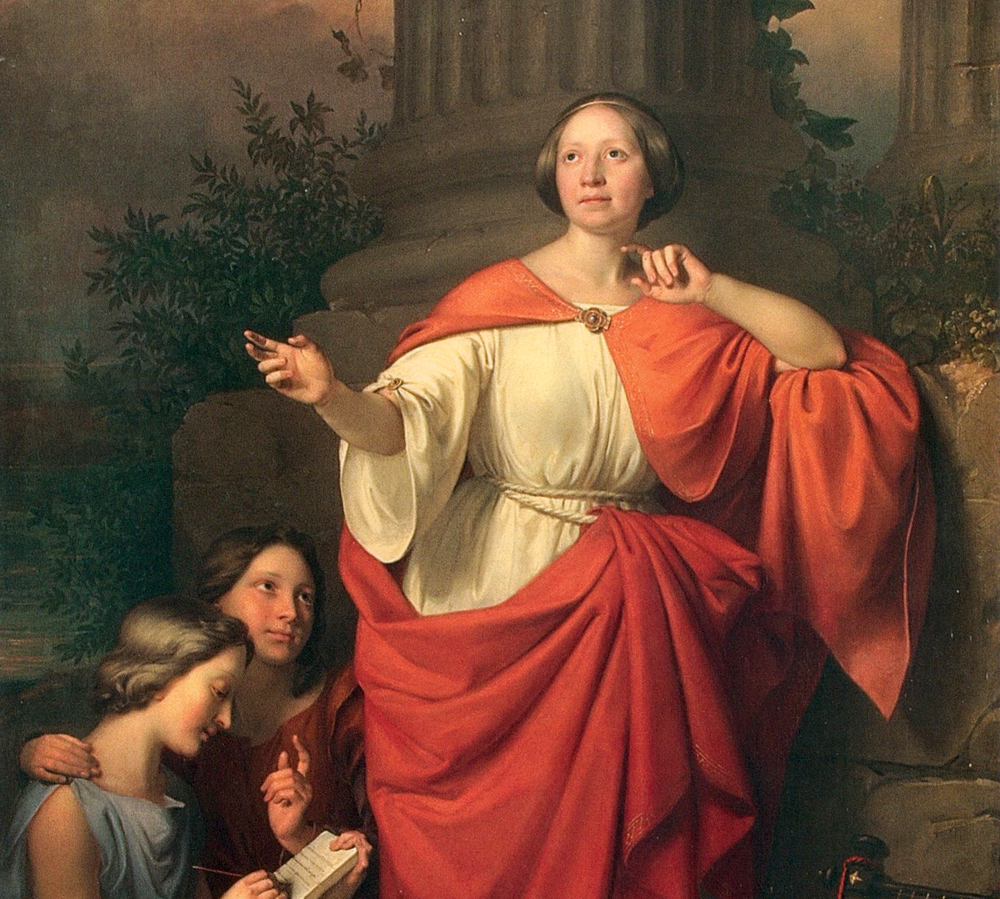
It can be deduced that she was born in Mantina and came from that city, but there is no more biographical data about her. In addition, he quotes a single source at the Banquet of Plato, Diotima.
Plato says that once Socrates was at a party, that several men tried to describe him. Then Socrates spoke and explained that Diotima had taught him what love was. Thus, Diotima was a professor or mentor of Socrates. And although there is hardly any data about his life, Plato shows his philosophical thinking through Socrates.
In the opinion of Diotima, in love the person and emotion are separated. When we separate the love of the person, and consider him as an independent bearer of love, we can enter into the divine reality. After all, through this account, Plato says that the concept of Platonic love originates in Diotima.
But being the only contemporary source, most experts deny or question the real existence of Diotima, at a time when women had very little influence on the academic environment. We know that there really were other characters that Plato quotes in the Banquet and that he considers real. So why is Diotima's reference not real? Some believe that Diotima could exist, but he and Aspasia de Miletus, the woman of Pericles and, among other things, who promoted a school for women, say they could be the same person.
If we doubt that a woman who influenced Socrates and Plato and who, therefore, was fundamental to overcome Pythagorean thought until then, was real, how could we think that in the same city and at the same time two women stood out?
Researchers at Johns Hopkins University have discovered several cylinders with inscriptions at the present Syrian Reservoir, the Tell Umm-el Marra. Experts believe that the signs written in these pieces of clay can be alphabetical.
In the 15th century a. The cylinders have... [+]
A group of interdisciplinary researchers from the Free University of Berlin and the Zuse Institute have developed a complex mathematical model to better understand how Romanization spread in North Africa.
According to a study published in the journal Plos One, the model has... [+]
Although it was thought that in most of the cities of the Roman Empire there were jails, little remains have been found of the prisons of the time in the fields.
Recently, however, the archaeologist at the University of Copenhagen, Matthew Larsen, has identified the Roman... [+]
The TRAILER of the film Gladiator II, which will be released in the autumn, already shows in less than three minutes an error or a historical license.
Ridley Scott's film celebrates a naumaki or naval battle at the Colosseum. The expensive show was held three times in the Roman... [+]
Rome, towards the year 100 d. C. The poet Juvenal received the X. In Satira: “For a long time, particularly since we have to sell the vote, this people has lost interest in politics. Before, the head, the lots, the legions and, after all, they gave it all, but now they let it... [+]
Gulf of Ambracia (Ionian Sea). In the 15th century a. 2 September 31. The Romans achieved victory in the naval battle of Accio and ensured control over Egypt. Therefore, the Greek hegemony in the Mediterranean is concluded on that date, but the Hellenic influence has remained so... [+]
This winter the archaeologists of the INRAP (National Institute of Preventive Archaeological Research) have found a special necropolis in the historic centre of Auxerre (French State), a Roman cemetery for newborn babies or stillbirths. - Oh, good! The necropolis used between... [+]
It was founded by R about 6,500 years ago. And recently, the archaeologist at the German Institute of Archaeology, Max Haibt, has created the city's "digital twin," using the technology used in video games.
The team has made a three-dimensional record of the 40 square kilometres... [+]
Rome, a.C. 443. Censors were elected for the first time. Two centuries later it would be the most important magistrature of the Republic. Every five years, they chose two censors among consular senators.
It was a position of great responsibility: they were primarily responsible... [+]
It has been considered that the wine drank by the ancient Romans was a poorly made wine, without body and with an unpleasant taste. But the work that researchers at the universities of Ghent and Warsaw have published in Antiquity has provoked the withdrawal of this belief.
The... [+]
A group of researchers from the Italian University of Padua analyzes a small stone boat discovered in Iran in 2001. In particular, the fingerprints inside the bottle have been analysed and have been shown to contain fine hematite – red mineral oxide, manganite, braunita and... [+]
Mostafa Waziri, Secretary General of the Upper Ancient Council of Egypt, recently presented the gigantic restoration project of the Mizerino pyramid: They will cover the man's smallest pyramid with granite blocks to regain its original appearance. Although Waziri has... [+]











